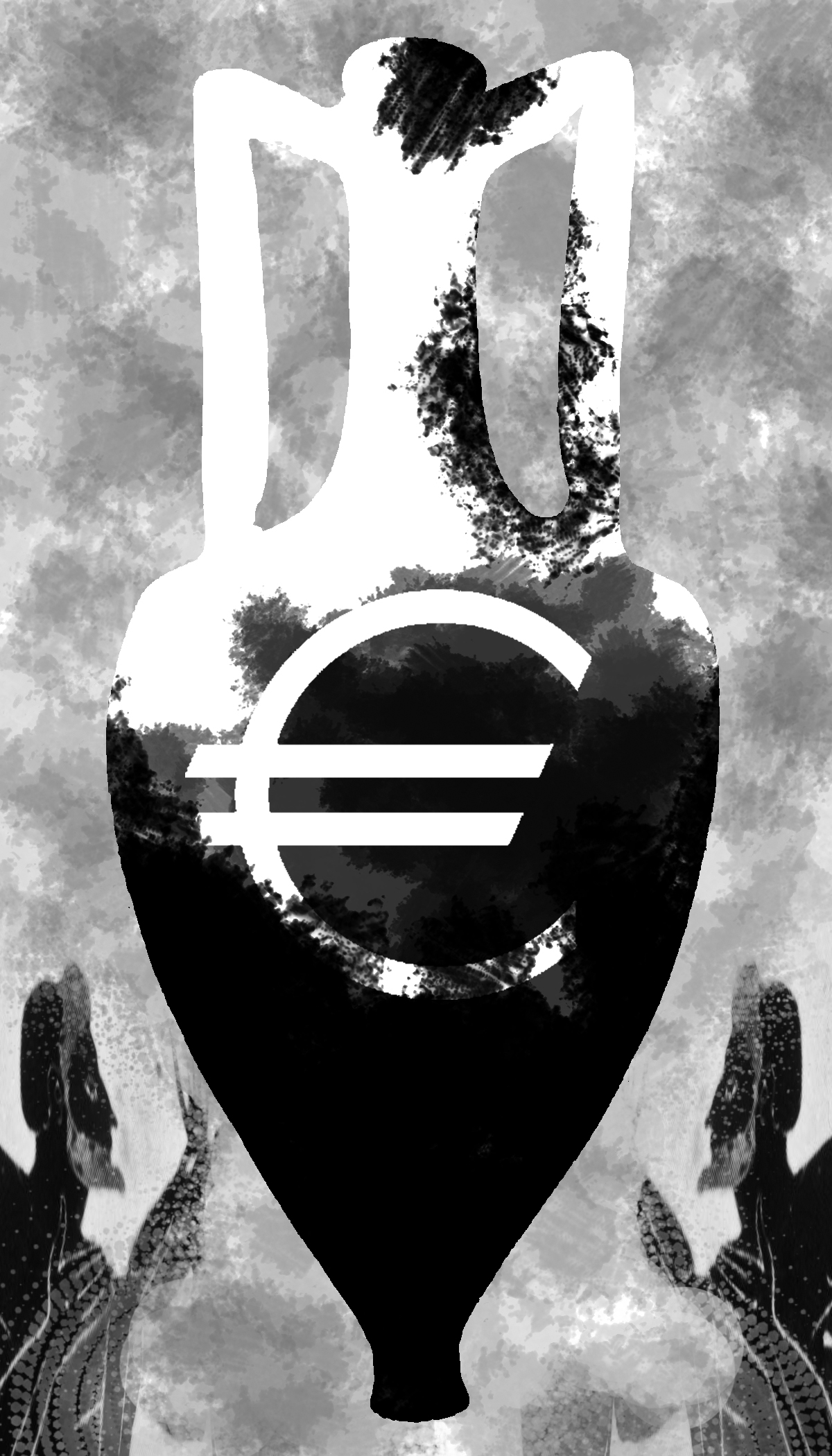“No” to a deal with creditors. “No” to further austerity measures. It appears that after five years of drastically declining wages, ever-growing unemployment and a rapidly contracting economy, hope is finally on the horizon. But is this sense of hope well-founded?
Greece is a proud country, and I believe that national pride almost certainly interfered with voters’ capacity for rational decision-making in the referendum held on July 5. Standing up to oppressive European Union (EU) leaders and cash-hungry creditors certainly seems honourable. But this thinking may have eliminated Greece’s best shot at stable economic recovery.
Greek Prime Minister Alexis Tsipras has made it abundantly clear that he disagrees with the bailout conditions outlined by his country’s creditors, urging his countrymen to vote “no.” It must be said, though, that a prime minister’s wishes do not necessarily align with the best interests of his people. A prolongation of tough austerity measures reflects poorly on a government which has been vocally critical of them, which means Tsipras has an incentive to act to end austerity measures.
The outcome of the referendum has numerous implications, some of which may not be fully grasped by the average Greek citizen. A further bailout agreement is unlikely to materialize in the future, seeing as Greece has just rejected a relatively fair compromise.
Without a bailout package, Greece will almost certainly be forced to abandon the euro and print its own currency, reverting to the drachma. This will leave then no choice but to exit the Eurozone (the community of states using the Euro as currency) – a rather frightening scenario called the “Grexit.”
I believe that voters may have lacked the foresight and economic knowledge to rationally evaluate the long term impact of a Grexit. In the short run, it would carry many benefits: the removal of austerity policies would have an immediate effect, and a heightened sense of pride and hope would temporarily drive happiness and national unity.
In the long run, however, a Grexit may eventually lead to a slow recovery. Or it could launch Greece into economic oblivion. The disparity between the best and worst case scenario is significant, and it is doubtful that “no” voters willingly signed up for this level of risk.
Examining the events leading up to the referendum on July 5, we are reminded of a flaw inherent to referendums: when public opinion is expected to be broadly split, it boils down to a large-scale marketing contest.
It is much easier for the Greek government to convey a message to its own people via a relatively well-liked prime minister than for creditors and EU leaders to do the same. “No to austerity” also happens to be a catchier phrase than “Yes to staying in the Euro.”
Although unlikely, it is plausible to conceive a future whereby an agreement is reached between Greece and the other members of the Eurozone, propelling Greece to economic recovery. In the seemingly inexorable Grexit scenario, the “heroic” voting results may one day prove to have been a major catalyst to Greece’s financial downfall.
Either way, it is no stretch to conclude that the decision to vote “no” may have had more to do with national pride, which has a tendency to be short-sighted, than with long-term economic well-being.





I would like to point out that Greece is not exclusively composed of “countrymen”. There are in fact women who live there, Tsipras courted women as well as men to vote “no”. It only speaks to the reactionnary confusion of the author, dear Cédric my old primary school classmate. “Economic well-being” is absolutely worthless if it carries the cost of increased and immediate human suffering. It’s a term just as toxic and dehumanizing as “nation”. I would also like to know how the internationalist left was blinded by nationalism. Thanks.